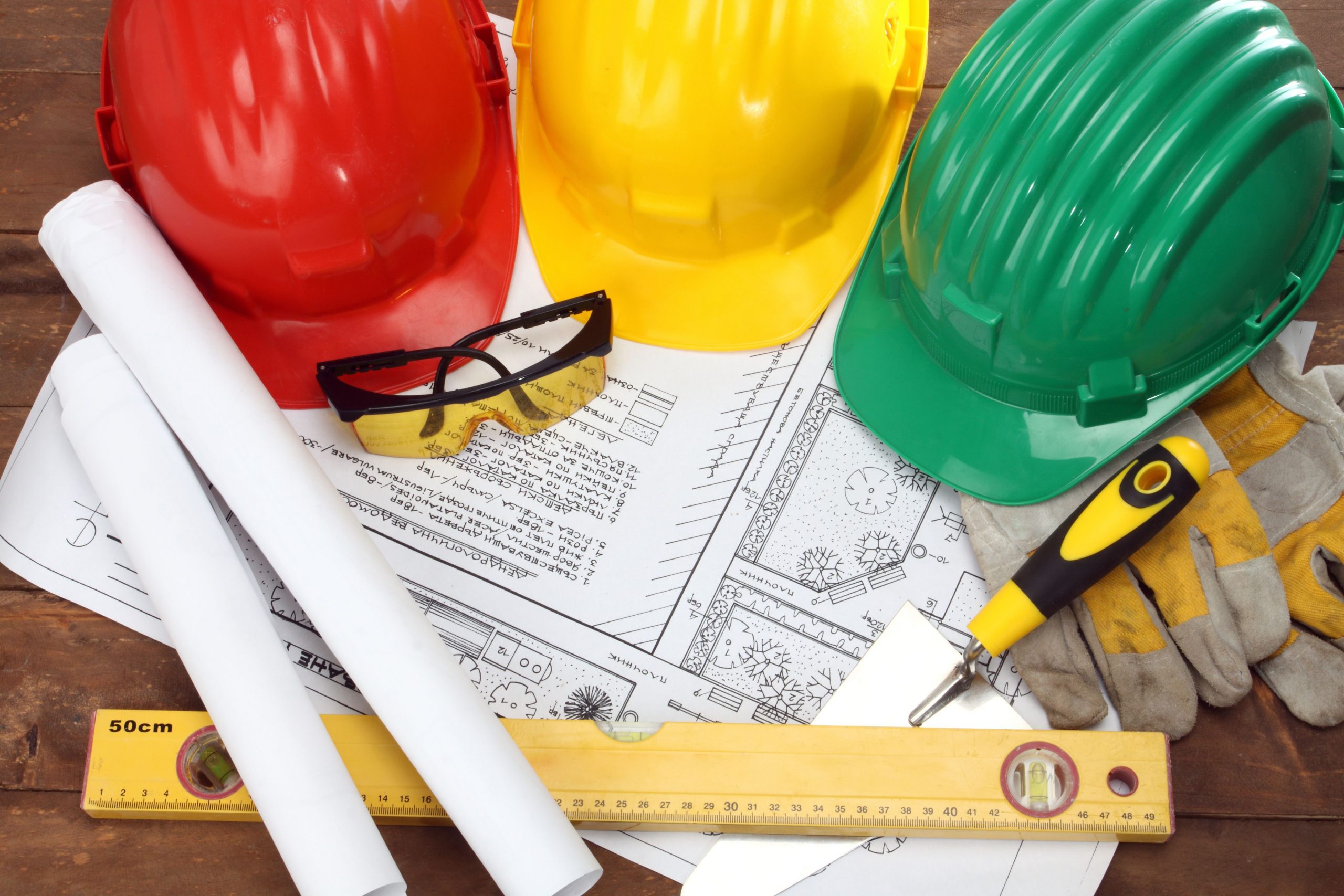Off Grid Living Legal: Escape the grid’s constraints and embrace self-sufficiency, but navigate the legal landscape with confidence. This isn’t just about escaping the city; it’s about understanding the intricate web of regulations that govern land ownership, resource use, and sustainable living off the grid. From securing permits for your dream off-grid home to navigating water rights and waste management, we’ll illuminate the path to legally sound and fulfilling self-reliance.
This guide delves into the crucial legal aspects of off-grid living, covering everything from defining “off-grid” in various jurisdictions to understanding zoning laws, obtaining necessary permits, managing waste responsibly, and ensuring your energy production complies with regulations. We’ll explore potential legal pitfalls and offer solutions to help you build a sustainable and legally compliant off-grid existence. Prepare to discover how to legally claim your piece of off-grid paradise.
Liability and Insurance: Off Grid Living Legal
Embracing the off-grid lifestyle offers unparalleled freedom and connection with nature, but it also presents unique legal and financial considerations. One of the most significant aspects to understand is liability and the often-challenging task of securing adequate insurance. This section explores the potential risks associated with off-grid living and how appropriate insurance can help mitigate those risks.Off-grid living inherently increases liability exposure compared to traditional living arrangements.
The isolation, reliance on self-sufficiency, and potential for unconventional structures and activities all contribute to a higher risk profile. For example, a poorly maintained well could contaminate groundwater, leading to significant legal and financial repercussions. Similarly, a fire originating on an off-grid property, especially if caused by a malfunctioning alternative energy system, could spread to neighboring properties. These are just two examples illustrating the heightened liability risks.
Liability Issues in Off-Grid Living
The potential for accidents and injuries on an off-grid property is substantial. Visitors, even uninvited ones, could be injured due to hazards such as uneven terrain, exposed wiring, or poorly secured structures. Furthermore, the use of potentially dangerous equipment like chainsaws or generators increases the risk of accidents. Legal responsibility for these incidents rests with the property owner, regardless of whether the injured party was a guest or trespasser.
Failing to address these potential liabilities can lead to costly lawsuits and significant financial burdens. This underscores the critical need for a comprehensive understanding of personal liability and the importance of proactive risk mitigation.
Challenges in Obtaining Off-Grid Insurance
Securing comprehensive insurance for off-grid properties and lifestyles often proves significantly more challenging than for conventional homes. Many standard insurance policies exclude or limit coverage for properties lacking access to municipal services, relying on alternative energy sources, or engaging in activities deemed high-risk. Insurers may consider the remoteness of the property, the lack of fire protection services, and the potential for natural disasters as contributing factors to increased risk.
This often results in higher premiums, limited coverage options, or outright refusal of coverage. For example, a homeowner relying solely on solar power might find it difficult to obtain adequate coverage for equipment failure or fire damage. This necessitates a thorough investigation of available insurance providers and a willingness to potentially explore specialized insurers catering to off-grid lifestyles.
Liability Insurance Mitigation Strategies, Off grid living legal
Liability insurance plays a crucial role in mitigating the potential financial consequences of accidents or injuries occurring on an off-grid property. A well-structured policy can cover legal fees, medical expenses, and property damage resulting from incidents on the property. However, it is essential to carefully review policy details, paying close attention to exclusions and coverage limits. For example, some policies may exclude liability related to specific activities, such as hunting or operating certain types of machinery.
Therefore, obtaining a policy that aligns with the specific risks associated with your off-grid lifestyle is paramount. Furthermore, proactive risk management strategies, such as regular maintenance of equipment and structures, clear signage warning of potential hazards, and maintaining detailed records of safety procedures, can further reduce liability and demonstrate due diligence to insurers. This proactive approach can not only reduce the likelihood of incidents but also improve the chances of obtaining favorable insurance terms.
Embarking on the off-grid journey requires careful planning and a deep understanding of the legal framework governing land use and resource management. While the allure of self-sufficiency is undeniable, navigating the complexities of legal compliance is paramount. This guide has equipped you with the knowledge to make informed decisions, ensuring your off-grid dream remains both legally sound and environmentally responsible.
Now, go forth and build your sustainable haven, knowing you’re doing it the right way.
Top FAQs
What are the common misconceptions about off-grid living legality?
Many believe off-grid living is inherently illegal. This is false. Legality depends on adherence to local, state, and federal regulations. The key is understanding and complying with those rules.
Can I build anything I want on my off-grid property?
No. Building codes and zoning regulations apply even to off-grid properties. You’ll need permits and your structure must meet safety standards.
How do I obtain water rights for off-grid living?
Water rights vary by location and are often governed by state laws. You may need to apply for permits or demonstrate existing rights to access water sources.
What kind of insurance do I need for an off-grid property?
You’ll need liability insurance to cover potential accidents or damages. Finding comprehensive coverage for off-grid properties might require specialized insurers.
Do not overlook explore the latest data about off grid living festival photos.

